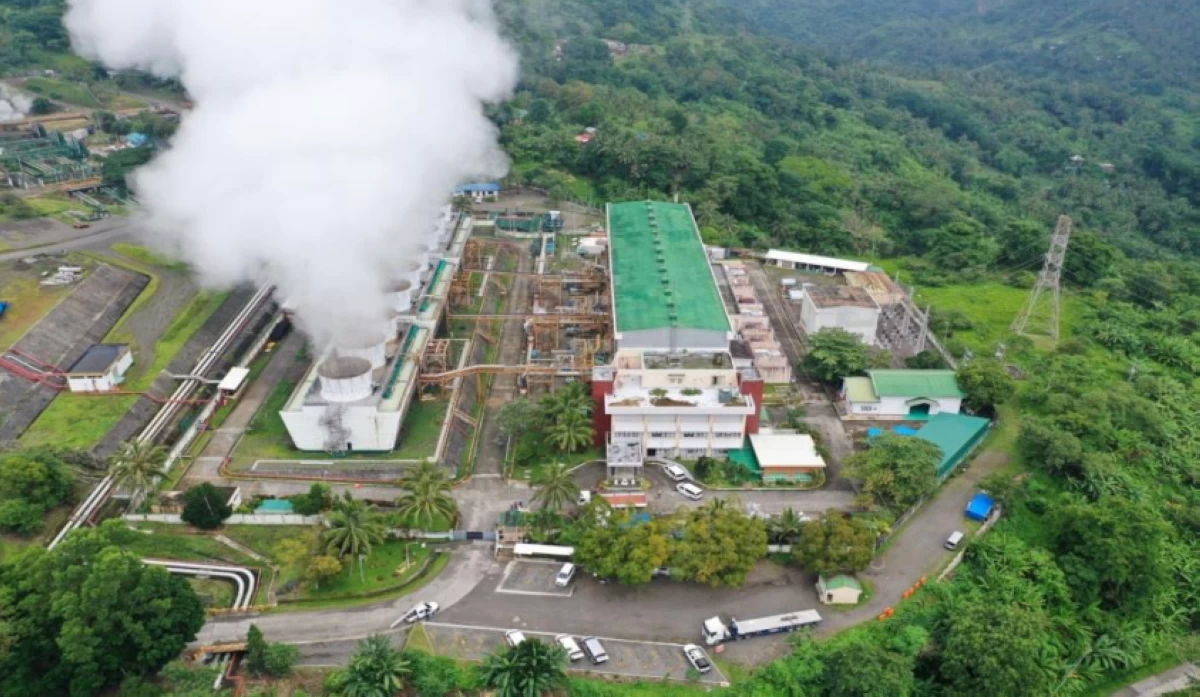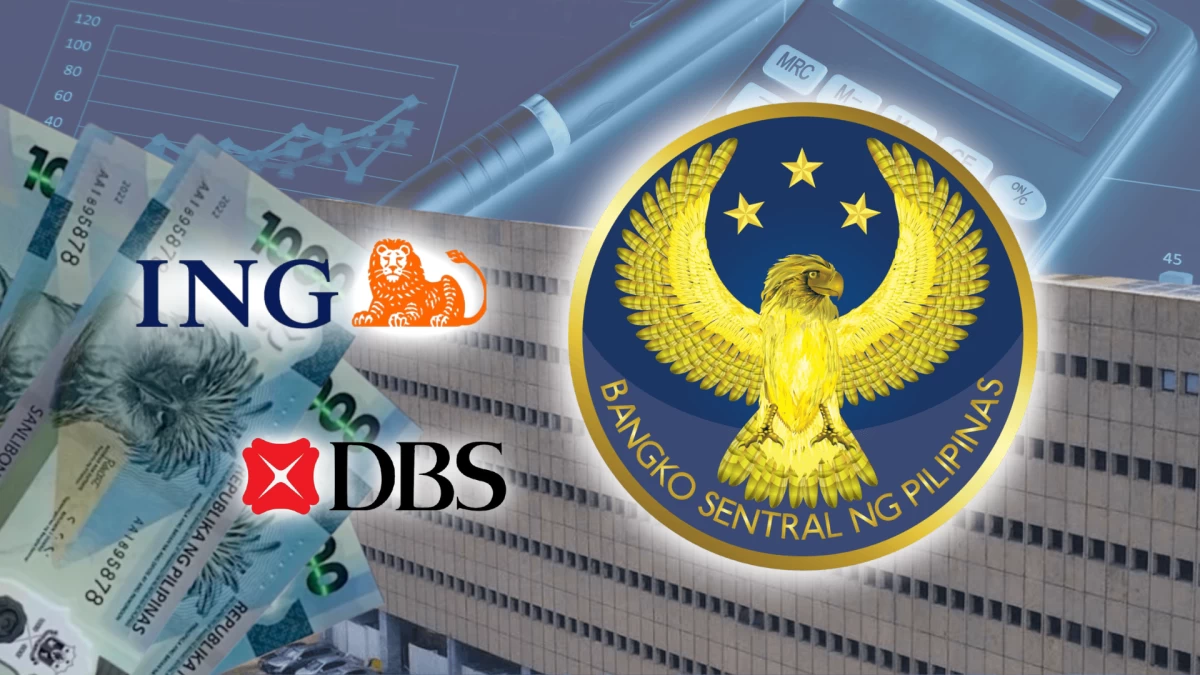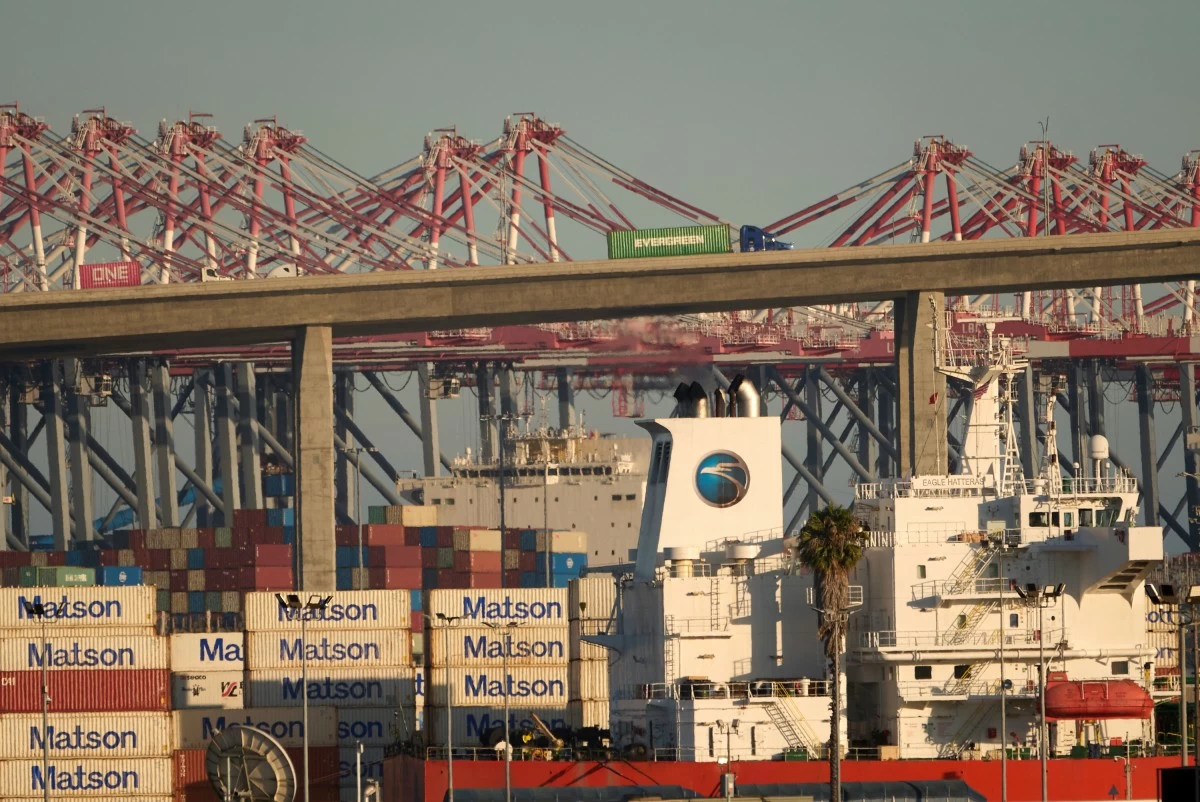
Upgrade to High-Speed Internet for only ₱1499/month!
Enjoy up to 100 Mbps fiber broadband, perfect for browsing, streaming, and gaming.
Visit Suniway.ph to learn
Despite the President’s State of the Nation Address (SONA) promise of rate reductions, it seems the only thing “cutting” is the consumer’s wallet, as electric bills continue their relentless upward climb.
Realistically, rate reduction is a battle consumers can’t seem to win. It’s like a never-ending tug-of-war where the rope keeps slipping through their fingers. But who are the players—or forces—to blame?
Following my column last week, where former Energy Regulatory Commission (ERC) Chair Monalisa Dimalanta criticized Meralco’s rate hikes, the power giant fired back with a list of “factors” behind the relentless surge.
“The 14 percent increase is mainly due to the: a) ERC approval of the pass-through of higher Malampaya natural gas prices; and b) ERC denial of, or inaction on, requests to adjust charges due to change in circumstance (CIC) claims, which led to termination of fixed-price PSAs (power supply agreements),” the utility firm stressed.
Specifically, Meralco noted that the generation cost of First Gen’s Sta. Rita and San Lorenzo gas plants “increased by ₱1.9882/kWh and ₱2.8055/kWh, respectively,” within the 2022-2025 period. These gas-fed facilities account for roughly 30 percent of the generation supply delivered to Meralco’s network.
“Beginning October 2024, ERC allowed the pass-through of costs related to the new gas sale and purchase agreement (new GSPA) between the Malampaya consortium and First Gen, which resulted in a 15 percent jump in Malampaya prices, even as international oil price indices decreased,” Meralco emphasized.
The power firm further noted that “the ERC also allowed and approved the retroactive recovery of such increase in Malampaya gas prices, which is included in Meralco consumers’ bills until September 2025.”
The second factor is a direct shot at the terminated PSAs between Meralco and San Miguel Global Power’s subsidiaries. When the ERC rejected their bid for a CIC-backed rate hike in 2023, it triggered a chain reaction across the entire industry. This move obliterated fixed-price contracts, sparked legal battles, and ultimately shifted the financial burden back onto consumers. Through court rulings, San Miguel prevailed with the right to recover a whopping ₱34 billion in losses—and you guessed it, electricity consumers will be footing the bill.
“The ERC denial of, or inaction on, requests for price adjustment based on legitimate CIC claims led to the exercise by power suppliers—South Premiere Power Corp., Sual Power Inc. and ACEN Corp.—of their respective rights to terminate their fixed price PSAs with a total contracted capacity of 1,310 MW. In turn, Meralco was forced to enter into emergency PSAs, which were expectedly more expensive by about ₱1.32/kWh than the PSAs that were terminated,” the utility firm explained.
Meralco also didn’t mince words when it pointed out that the ERC’s failure to act on San Miguel Global Power’s 1,800MW PSA filing for Excellent Energy Resources Inc. (EERI) in 2021—which led to the contract’s expiration—had forced the utility firm to run another Competitive Selection Process (CSP) in 2024 to replace the lost capacity. The result? Suppliers like EERI (now a partnership between Meralco PowerGen, San Miguel, and Aboitiz), along with the GNPower Dinginin and Mariveles Power plants of the Aboitiz group, put in tenders that were roughly ₱2/kWh higher (based on the levelized cost of electricity) than the 2021 PSA rate.
So, is there any real hope for power rates to drop anytime soon, or are we doomed to stay trapped in this endless cycle of rate hike dilemmas? Aside from the usual seasonal dip in spot prices due to cyclical weather shifts—like more hydro capacity during rainy months—the general consensus from the industry is pretty clear: there’s no solid, foreseeable way for overall rates to decrease, no matter how much demand there is for it.
Atimonan’s ₱12 billion annual savings: A reality or a mirage?
In a daring declaration last week, Meralco’s power generation arm, MGen, confidently proclaimed that its newly-approved 1,200MW Atimonan coal-fired plant will “enable lowering the electricity cost by approximately ₱12 billion annually.”
But when their Corporate Communications team was pressed for concrete figures or a solid breakdown to justify how they would actually lower power rates, they faltered. They were unable to offer anything more than vague parameters with no real numbers or evidence to back up their lofty claim.
It’s a baffling puzzle why MGen has been touting such assertive “lower rate claims” when the Atimonan plant is still missing essential commercial development building blocks: no power supply agreement, no firm coal contracts, no financial closing, and no EPC contractor yet. For anyone with a shred of sense in the power sector, it begs the question: where exactly are they pulling these numbers from?
Since MGen made a public declaration on this, it should be an early signal for the ERC to demand tangible proof of such claims when the company eventually files for its PSA approval, especially since this is a major project. At a time when consumers are desperately seeking real solutions to slash power rates, the last thing they need is companies peddling hollow promises of savings with no substance to back them up.
In fact, even at this early stage, MGen is already backpedaling and essentially admitting that its claimed savings could change depending on circumstances—especially considering the plant hasn’t even entered a competitive selection process yet for its capacity off-take.
The hard lesson for power developers scrambling for project acceptance—and for Corp Comm teams with underwhelming industry savvy—is this: don’t promise the moon and the stars if you can’t deliver them, because all you’re doing is peddling false hope to consumers who are already fed up with illusory commitments.
On a side note, who exactly is this executive from a power generation company who allegedly racked up nearly ₱2 million in hotel bills for “field work” on their mammoth solar project in Luzon? Shouldn’t private company executives be held accountable for such reckless spending—especially when the entire industry is supposed to be focused on cutting consumer rates? This is all the more damning considering the parent power utility is governed by EPIRA to recover only prudently incurred costs—so do their principals even know what’s going on behind the scenes?
There are also whispers that the company is engaging a PR agency with a history of “misdirected finances” from its work with a previous multinational. Is strict due diligence a forgotten practice for these industry giants?
The push for data localization
The push for the Sovereign Data Bill began in the last Congress, but it has yet to make headway in the 20th Congress. For advocates, this bill is a crucial move for the country to take full control of sensitive data, especially that of government agencies, ensuring that these are used, processed, managed, and stored under strict local oversight. Without it, they noted, foreign governments or companies could have free rein to access or exploit local data without warranted checks in place.
In the realm of data integrity protection, keeping critical information stored domestically isn’t just a safeguard; it’s largely perceived as a fortified firewall. This move would reduce the risk of international data breaches and cyberattacks and give the government leeway to impose stricter regulations, roll out tougher cybersecurity measures, and establish data protection standards that foreign threats can’t simply bypass.
Furthermore, keeping data within the country would stop foreign corporations from controlling valuable local data, and this will similarly bestow a clear competitive edge on domestic firms, especially for those investing in data centers. However, foreign hyperscalers won’t be happy about it, which is why the Department of Information and Communications Technology (DICT) wants to carefully study that proposal, especially if data localization finally makes it through legislative deliberations.
DICT Secretary Henry Aguda admitted that the Sovereign Data Bill or data localization is not currently on their priority list—at least not yet. But he made it clear that “we will study it—along with our necessary inputs, if a bill will be filed.”
And speaking of the DICT, how credible are the circulating industry talks that the agency has unpaid bills to a foreign company that has ties to a principal recently embroiled in a high-profile, controversial Hollywood wedding? The debts allegedly date back before Aguda’s tenure, and now, the foreign company is reportedly chasing down payment?
For feedback and suggestions, please email at: [email protected]

 2 hours ago
1
2 hours ago
1



